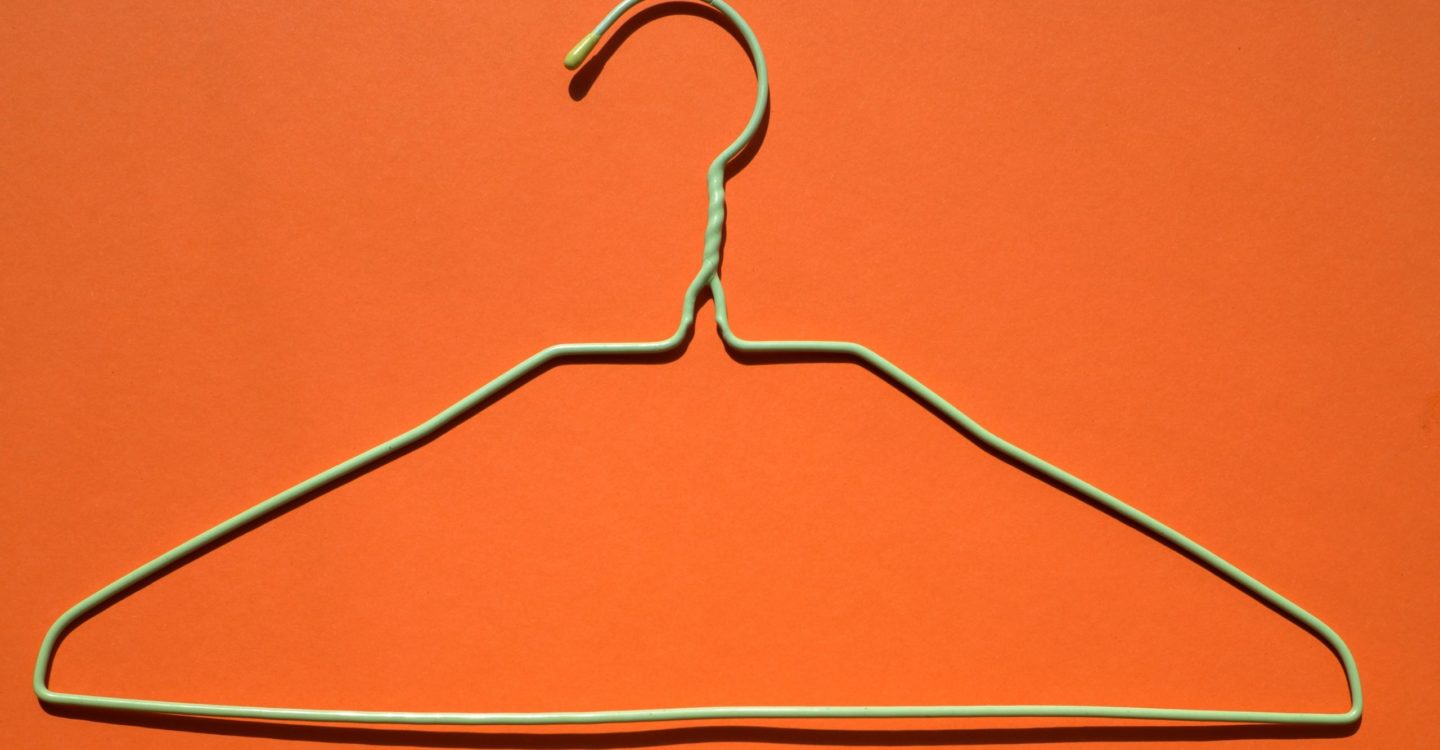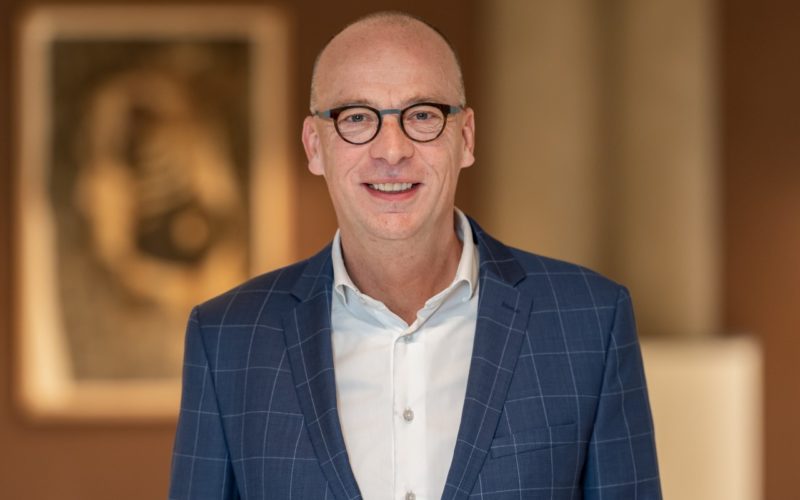Which aspects of your job give you the most energy?
People.
Aiming to get the right people in the right place at the right moment in time gives me the most energy. To be able to coach them to be a better version of themselves energizes me a lot. It is amazing to see that people can do better than what they expected of themselves at first glance.
By listening to them you can find out what is needed to let them grow or perform their business properly. This is a nice challenge as the people I work with are all working on different levels. Working with higher level profiles the focus is often more on motivation, full integration, and to keep them growing. Working with new people and more junior profiles requires a different approach and it is very nice to see what they are able to do with their potential.
What are the main factors that contributed to your success as a professional?
Working on a European scale is an extra challenge when it comes to connecting people in the organization. You need to have some form of closeness towards the brand or HQ to feel connected with the organization. To build this, clear communication is the key factor to create consensus that everybody is part of the brand, the company and the family in that sense. When people do actually feel being part of this team, the values we stand for and that the effort they deliver is also properly valued, that is the big part of creating a success.
Particular situations did also help me in developing my own communication skillset. There have been times where it was challenging to move ahead because the company goals were not communicated properly, which causes lack of understanding and support from employees. If you fail in clear communicating, other employees in other countries have no clue what the focus should be. I learned to deal with this as it did prevent me from reaching the upfront set goals. You could say it has been a trial and error. When you are able to create the right focus and common goals within the organization you bring people closer together. Eventually this can make them self-supporting and they can help each other out, which is more productive as well.
Which mistakes did you make along the way?
Not being patient enough. Understanding that others might need more time to adjust certain points of views or habits. Some things do need time. If you don’t create time for people to make a change regarding those matters, things won’t work. Some changes within the company might be possible to implement tomorrow, while others can take a year as not all changes are that easy for everybody.
If a company shifts focus and there is a lack of understanding where we are going, what is needed and why it is happening, the priorities might be set wrong and people won’t be able to follow.
How did your management style change during your career?
I think what I learned is to operate more often from a helicopter view perspective. When I started, I took a deep dive into the details of the specific country or people. I learned to pop out of this more often and see the bigger picture. A particular strength of the organization is that we all need to stay with one foot in the field by being part of a team or a country. This keeps you close to the people and resolves local issues quicker. In the past I could have been with both feet in the field, lacking the helicopter view. Nowadays I am more focusing on finding the right balance between both.
Which challenges are you currently facing?
I started 6 months ago within the role of Retail Director at G-star. Due to the Covid-19 restrictions in the last two years there has been a higher focus on E-commerce due to lock downs within retail. Retail has been a difficult trade market. The exciting challenge for me was to get the level of confidence from our store employees and HQ in retail back. Currently, lots of things have changed. E-commerce went through a sprint the last 2 years and this has led to a change of our E-commerce activities within retail.
For example, we are now working with endless aisles. We are able to sell in store to the consumer, while the product is not in store but being sold through the endless aisle. We do have all items available in the warehouse, which the customer can chose in store and the warehouse is able to ship directly. This works both ways, as we can use the warehouse stock in store, but the warehouse can also make use from the stock in store, making our stock fully hybrid. It does not matter where you have something in stock anymore due to the change in E-commerce activities.
The shift we see happening now is the combination between helping customers in store and aligning the E-commerce channel. The ‘Bricks and Clicks’ have aligned now, which is a different ballgame.
How do you find a balance between your professional and private life?
Good question. Every day there is loads of energy throughout the departments and there is always room for improvement. What works the best for me is in order to find balance is by going all in during workdays and zoning fully out at my days off.
If you love what you do, you want your job done the best way possible. Sometimes that will require some more of your time outside the standard working hours or days. You should not count the hours but focus on what needs to be done. You can work 24 hours a day but it’s a matter of setting the right priorities and sometimes accepting that some things are not done. Having said this, number one priority for me are my people. I would never be too busy to help out the people close to me within the organization, so they feel that there is always the support they ask for.
Which (new) key marketing/sales competencies will be crucial to succeed in the future?
Trying to be the best business partner as you can be.
The lock downs and travel restrictions have had a negative impact on the quality of our retail employees’ developments. We see that everybody is working very hard, but sometimes the wrong priorities were set because of the new circumstances. I believe in giving responsibility and ownership to our teams, so they can be self-supporting. Let them manage themselves and we should be there to coach and help them along the way. Trial and error are needed to grow.
Secondly, I believe that a crucial element for success is an honest and strict forward communication method. Good news or bad news should never be a surprise. If a plan contains bad news indicating that we should close stores and cut in the organization, we should tell them directly. Even if people are amazing but business doesn’t work out, we should let them know and not talk around the bush. On the other hand, whenever there are opportunities to grow we should again be honest and let people within the organization know that there is room for growth, so they can show what they got.
If you hire a new employee, what are the key elements/competences that are important to you?
This is in line with the previous question where honesty is at its core. I do not want mistakes to be rugged up under the carpet. Mistakes are an efficient way to learn and to keep on growing. Along with that we look for a positive attitude: with the right attitude you can develop a lot of great skills. I’ve often took people on board without having seen their cv; great energy and values are a good foundation to build on.
What is your general piece of advice for young marketers/sales professionals?
It is a very old school advice, but work hard work smart, and let yourself be heard. When you struggle with a topic ask for help. Peers or managers can’t help you when you don’t reach out. On the other side, whenever you have gained success be proud and let it know as well.
If you do what you like you should go for it. If, for whatever reason, it doesn’t work, you at least know for sure that you at least gave it your all. Keep asking questions, as there are always loads of people around that want to help. Most important of all; enjoy what you are doing!
What makes G-Star so attractive as an employer?
The good thing about G-Star is that they are a big brand on the outside, with a flat organization and a very entrepreneurial mindset. It is not a corporate environment. Whenever you spot an opportunity, you can create and discuss your plans within a week. This is very different from the standard corporate culture, where you have to make a case that goes to various different management layers and final decisions take a long time
Secondly, G-Star is a great brand. We have great people working here and we host great parties. The cooperative spirit is felt throughout the company and we are all doing this together. Whenever help is needed there is always someone around to support you.




